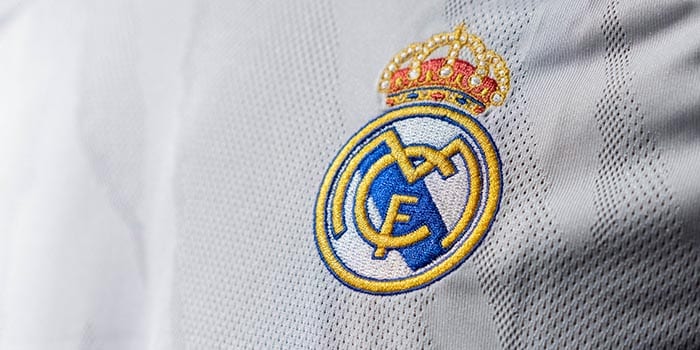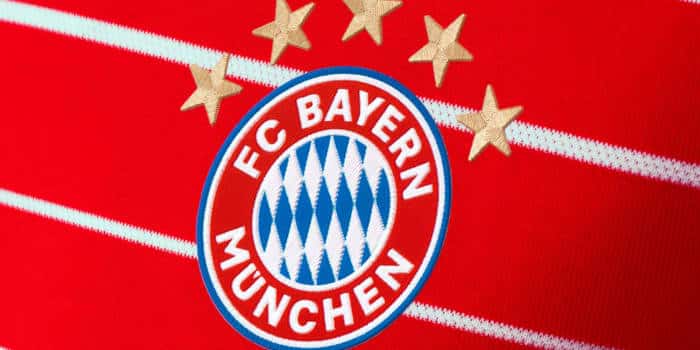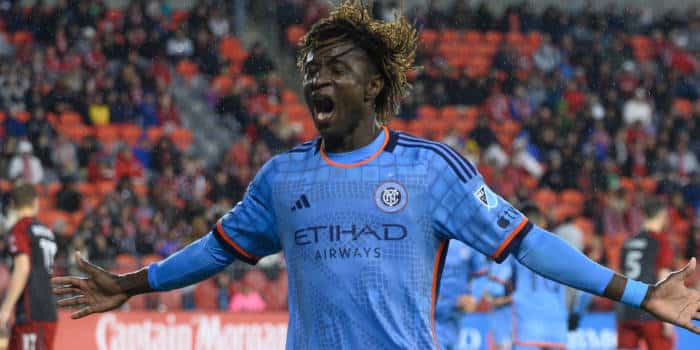- Casino
- By State
- Alabama
- Alaska
- Arizona
- Arkansas
- California
- Colorado
- Connecticut
- Delaware
- Georgia
- Florida
- Hawaii
- Idaho
- Illinois
- Indiana
- Iowa
- Kansas
- Kentucky
- Louisiana
- Maine
- Massachusetts
- Maryland
- Michigan
- Minnesota
- Mississippi
- Missouri
- Montana
- Nebraska
- Nevada
- New Hampshire
- New Jersey
- New Mexico
- New York
- North Carolina
- North Dakota
- Ohio
- Oklahoma
- Oregon
- Pennsylvania
- Rhode Island
- South Carolina
- South Dakota
- Tennessee
- Texas
- Utah
- Vermont
- Virginia
- Washington
- West Virginia
- Wisconsin
- Wyoming
- By State
- Slots
- Poker
- Sports
- Esports
Maryland Is Pushing Ahead with Sports Betting Plans

Maryland is not so far from setting up its first legal sports betting shops. How profitable can this turn out to be for the state? We examine the newly introduced bill aiming at building the legal framework for the segment.
Maryland’s Sports Betting Bill Needs Approval
Last week, Maryland saw a sports betting bill dropped by Jason Buckle and Kevin Hornberger who outlined a possible future for the state’s industry. Based on Messrs Buckle and Hornberger draft bill, Maryland Lottery would assume control over any future operations. One scenario puts the beginning of the legal industry in the state for 2020.
As a result, a number of properties would be allowed to apply for a license and start working on offering various activities, including video lottery (VLT) solutions and horse racing contests.
The holder of a sports wagering license, as an agent o the agency, shall receive regular commissions of 20% of the agent’s gross receipts from sports wagering operations.
One thing that stood out in the bill was its wording whereby 80% of all proceedings would go to the state, with 20% remaining for the license holder. A later clarification revealed that there had been a mistake drafting HB 1132 – a rather significant one, too.
A Look at the Setup for Maryland Sports Betting
Interestingly, Maryland’s bill seems to be much like counterparts in other places, such as Delaware and Rhode Island. The only difference that comes immediately to mind is that Maryland doesn’t seek to limit the number of properties able to offer sports betting.
Another similarity is between Maryland and Virginia whereby the states need to hold a state-wide referendum in order for their bills to become a reality. Maryland passed a vote in 2007 that would require broad public improvement before any gambling or sports betting facility can be established.
Virginia’s bill, though, is far more specific, looking into other details, such as overall population, unemployment rate and so on. Maryland could potentially go around this ban, as the state’s lottery is in fact exempt from the 2007 vote.
Going through HB 1132’s Specifics
Looking at the bill, it’s rather accommodating for new businesses, although it also means the well-being of participants as well. A license would be available at $300,000, although the renewal cost is yearly and slightly steeper than some other states at $50,000.
With the bill giving a free pass that can potentially gain traction, it’s interesting to watch what segments can develop specifically beyond sports betting. The bill, for example makes no mention of poker or mobile, which are hotly discussed topics for the most part.
Money from licenses will be divvied up between public funds, targeting safer state-wide gaming practices, education, and scholarships & grants. The breakdown looks as following:
- The Education Trust Fund will receive 80% of the funding
- The Problem Gambling Fund will receive 10% of the funding
- The scholarships & grants will receive 10% of the funding
Given the clarification on the revenue split, Maryland is far more generous than counterparts in both Rhode Island and Delaware where the lottery keeps 51% and 50% of the revenue. Maryland on the other hand would only go with 20%, allowing operators keep the other 80% to use as they see fit.
Related Topics:
Simon is a freelance writer who specializes in gambling news and has been an author in the poker/casino scene for 10+ years. He brings valuable knowledge to the team and a different perspective, especially as a casual casino player.
Must Read
More Articles




